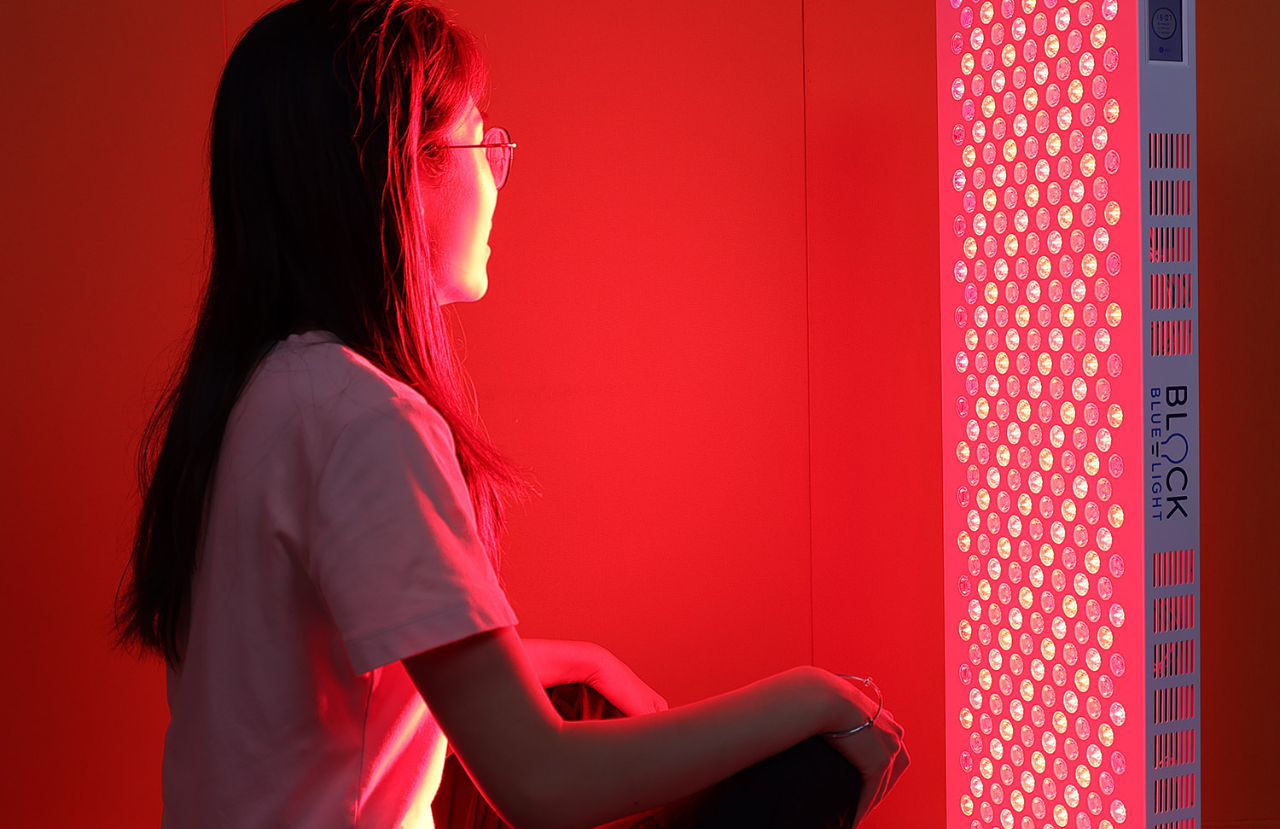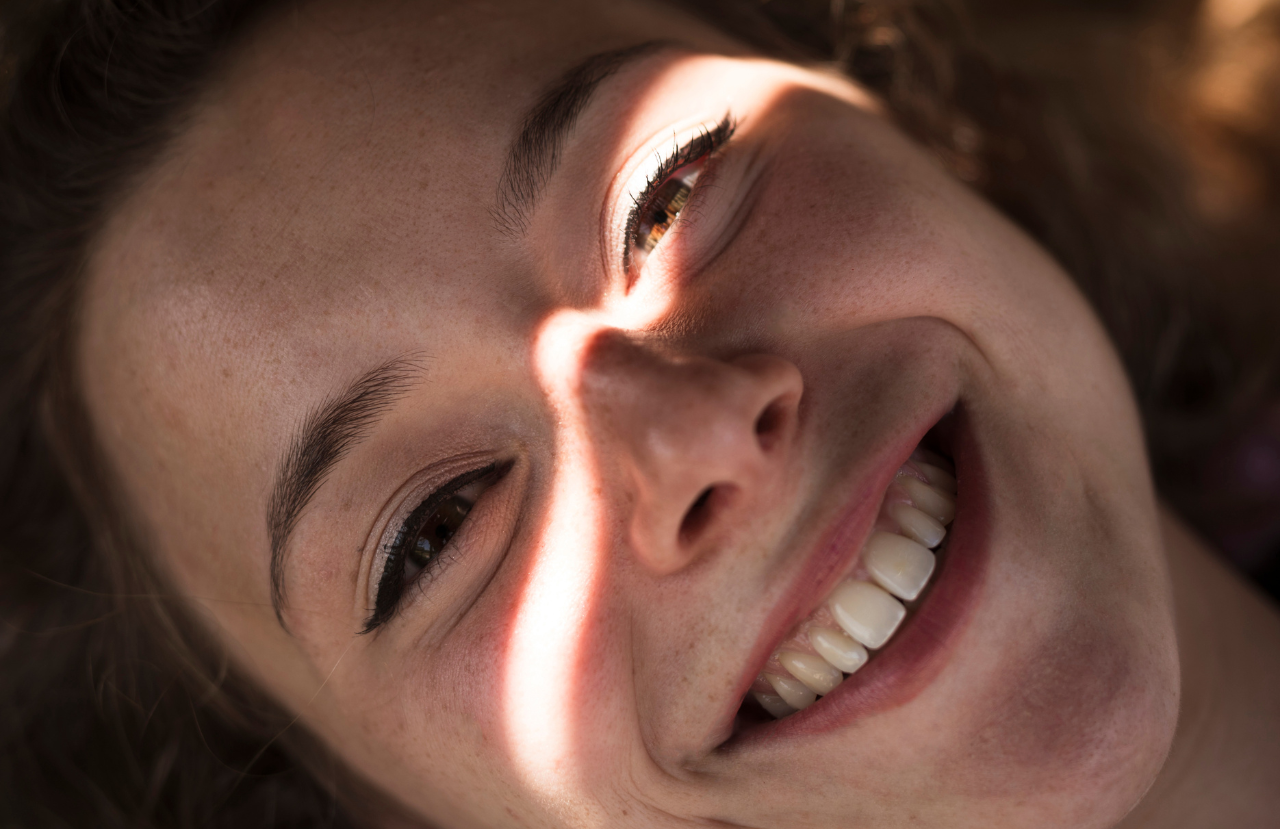Here are six tips to completely optimise your light hygiene both during the daytime and night-time for optimising sleep and overall health and wellbeing:
1. Sleep with the sun
- Watch the sunset: the light wavelengths that the sun emits at sunset signals our brains that it's time to start winding down and getting ready for sleep.
- Block 100% of blue light after sunset using both science-backed blue blocking glasses and lighting. This will ensure the correct signals are sent to the brain to help produce sleep hormones for deep, restful sleep.
- Go to sleep within 3 to 4 hours after sunset when your melatonin levels have increased to peak levels, ensuring you will fall right asleep.
2. Rise with the sun
- Get to bed early so that you can wake up before sunrise naturally.
- Go outside to watch the sunrise daily. This will anchor your internal clock and ensure you have a healthy circadian rhythm, which will improve sleep quality and duration.
3. Finish eating 3-5 hours before bed
- If you eat too close to bedtime, your body will still utilize high amounts of energy digesting food, preventing your body from entering a deep and restful sleep.
4. Don’t just protect the eyes; the skin is also important
- Protecting your eyes from blue light is only part of the solution. The receptors in our eyes that respond to blue light also exist throughout our skin.
- If your skin is still being exposed to the artificial light in your home from overhead LED lighting, high amounts of blue (and green) light hitting it at night can also disrupt sleep and circadian rhythms.
- Blue light glasses will still be required when looking at screens, so combining blue blocking lightning and glasses provides the best full-body protection.
5. Get natural light during the day
- Get outside throughout the day to get both indirect and direct sunlight. Natural light during the day is responsible for energy and motivation. Natural daylight also signals our brain to produce serotonin which is then converted into melatonin (sleep hormone) at night (in the absence of blue light). If you don't get enough sunlight each day, your serotonin levels won’t reach optimal levels which in turn results in diminished levels of melatonin at night.
- Open windows and doors for natural light exposure.
- Remove sunglasses/contact lenses to receive unfiltered light.
- Don’t cover your skin with toxic sunscreens.
- Use full spectrum lighting indoors such as the BioLight which replicates the same spectrum of light as natural light.
6. If indoors during the day, protect your eyes
- If you're indoors under artificial light and in front of digital screens during the day, evidence-based daytime blue light glasses are essential to protect your eyes.
- These glasses were specifically designed to allow for the helpful light responsible for alertness, a good mood, brain activity, and optimal health. They then also filter out harmful artificial blue light that leads to digital eye strain, headaches, and macular degeneration.





